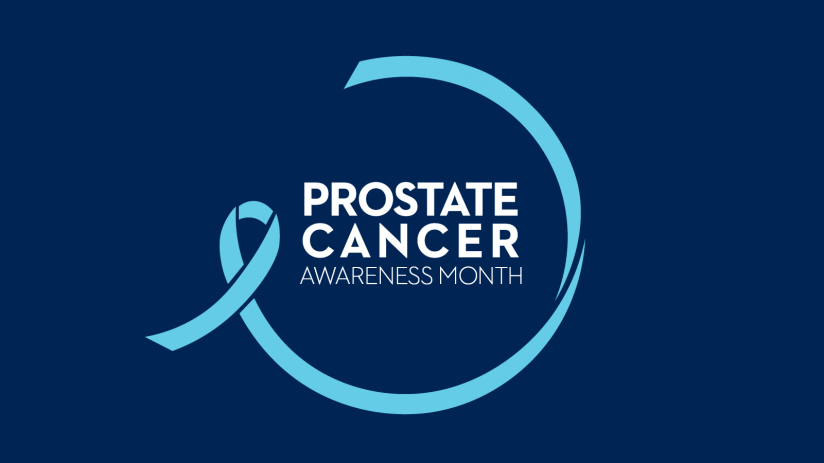Prostate Cancer Awareness Month Round-Up

For September 2022’s #ProstateCancerAwarenessMonth, we shared insights across our social media channels from prostate cancer studies by CanPath researchers. Thanks to rich data from over 330,000 volunteer participants and researchers’ efforts, we can help change the future of prostate cancer!
Projects using CanPath data for prostate cancer research
Dr. John Lewis, professor at the University of Alberta, and his team at the Alberta Prostate Cancer Research Initiative (APCaRI) developed a machine learning analysis platform that uses patient biomarkers and clinical data to create predictive models and generate a risk score for accurate disease prediction. Dr. Lewis aims to improve disease prediction in patients at risk for prostate cancer, bladder cancer, and other diseases.
Dr. Gabriela Ilie, associate professor at Dalhousie University, and her colleagues Rob Rutledge and Ellen Sweeney examined the association between depression and anxiety and prostate cancer.
- Using data from 6,585 Atlantic PATH participants, they found that prostate cancer survivors had greater odds of screening positive for anxiety or depression.
- They also found that the association between depression, anxiety and prostate cancer is moderated by household income.
- Most recently, they found that prostate cancer survivors who were treated with surgery had 7.55 statistically significantly higher odds of screening positive for current depression compared to those who had surgery for other types of cancer.
Researchers at Atlantic PATH also found that toenails are useful biomarkers to investigate chronic inorganic arsenic exposure’s health impacts in prostate cancer cases. In Canada, inorganic arsenic exposure’s primary source is contaminated drinking water. Arsenic regulation in private well water is not government-regulated, and testing responsibility falls to homeowners. However, compliance is low and previous studies have shown that many wells in Atlantic Canada exceed the Health Canada Maximum Acceptable Concentration limit. Arsenic exposure can also occur because of occupational exposure, including welding, farming, glass manufacturing, construction, mining, and electronic/e-waste recycling.
Resources on living with prostate cancer from the Canadian Cancer Society
Check out their latest webinars on various topics around prostate cancer, such as its impact on sexuality, sexual dysfunction, physical activity, and more!
This brochure describes the prostate-specific antigen (PSA) test for prostate cancer screening.
These videos explain the diagnosis, possible treatment options, and side effects for those diagnosed with localized prostate cancer or advanced prostate cancer.
To find prostate cancer-related services in your area, use their community services locator.
Resources on mental health and prostate cancer
Movember offers resources dedicated to mental health, including a new tool to assist in having conversations with those who may be struggling with mental health and prostate cancer.
Prostate Cancer Support Canada offers a variety of virtual events and in-person events across the country. Check out their support group meeting and event calendar. Special events include group fitness classes, cancer-safe yoga, and peer networking.
Visit the Canadian Cancer Society Community Services Locator. This tool has filters set for prostate cancer and mental health services, including counselling, emotional support, and advocacy groups.
Resources on occupational health and prostate cancer
This fact sheet from the Canadian Centre for Occupational Health and Safety outlines different carcinogen exposures and their associations with certain types of cancer, particularly arsenic in the rubber production industry for prostate cancer.
This article from the Canadian Cancer Society describes changes you may experience with leaving and/or returning to work with prostate cancer and how to cope with these changes.
For future health promotion campaigns, event updates, and more, follow us on our social media channels!